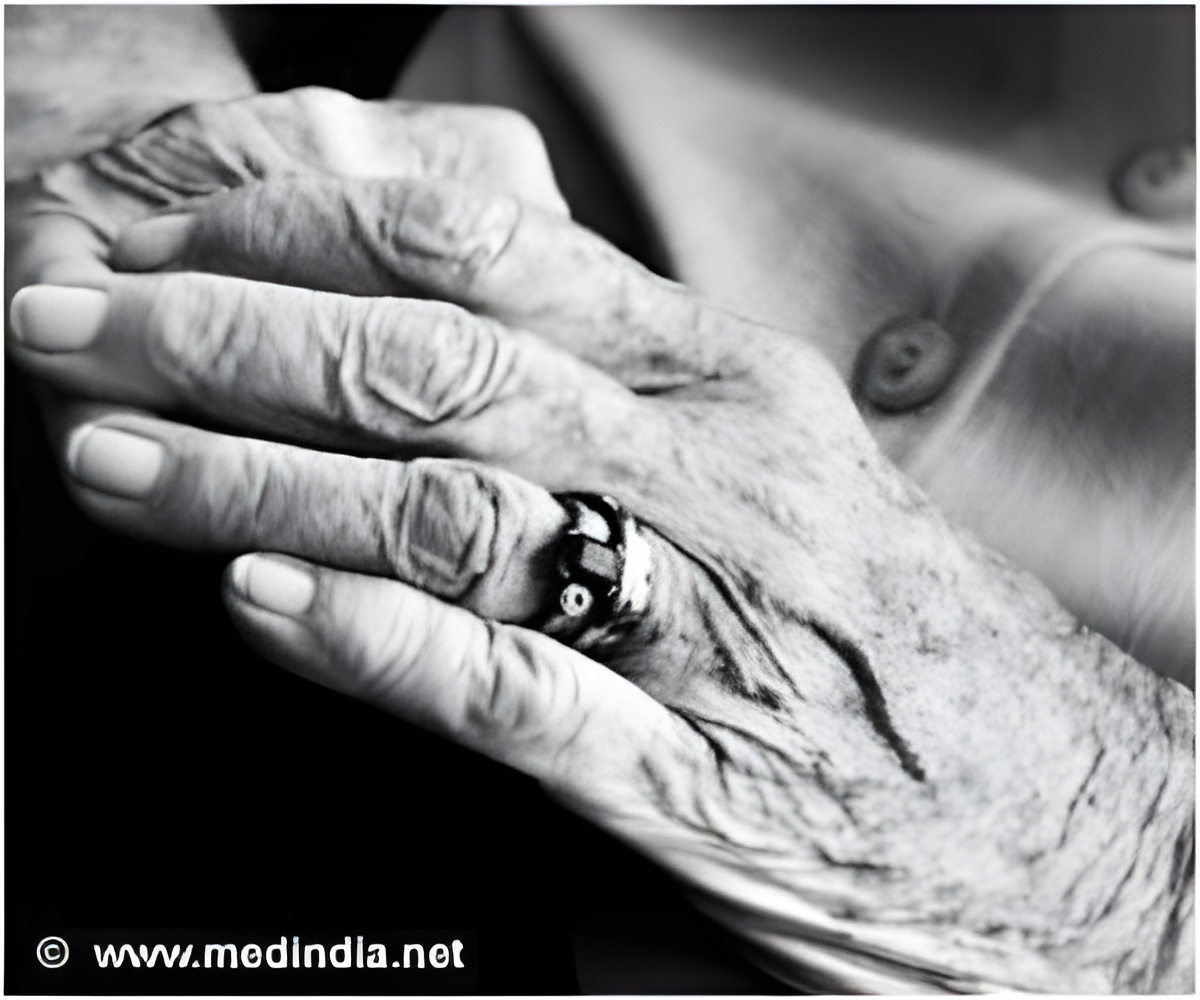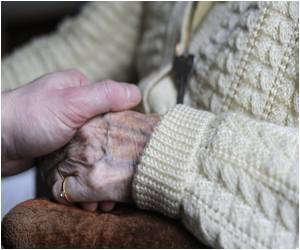For the pre-operative care of the nation's elderly patients new comprehensive guidelines have been issued by the American College of Surgeons (ACS) and the American Geriatrics Society (AGS).

One of the driving forces behind the guidelines is America's expanding geriatric popu- lation, Dr. Ko explained. The U.S. Census Bureau projects the percentage of men and women 65 years and older will more than double between 2010 and 2050 and will increase by 20 per-cent of the total population by 2030.* In 2006, elderly patients underwent 35 percent of inpatient surgical procedures and 32 percent of outpatient procedures according to study authors.
"For elderly patients undergoing surgical procedures, we want to ensure we are optimiz-ing each patient's medical condition," Dr. Ko said. "This population is growing in numbers and we want to emphasize the depth and breadth of care required for them. These evidence-based guidelines will enhance surgical practice by setting higher standards and performance measures for surgeons and the entire perioperative care team," he said. This is the first time ACS has worked with AGS to develop guidelines for geriatric patients according to Dr. Ko.
The guidelines recommend and specify 13 key issues of preoperative care for the elderly: cognitive impairment and dementia; decision-making capacity; postoperative delirium; alcohol and substance abuse; cardiac evaluation; pulmonary evaluation; functional status, mobility, and fall risk; frailty; nutritional status; medication management; patient counseling; preoperative testing; and patient-family and social support system.
"There is no single magic bullet for rendering this level of surgical care," Dr. Ko said. "Each of the 13 issues covered by the guidelines is very important, comprehensive, and difficult to prioritize. For example, surgeons and perioperative team members may do perfectly wellwhen analyzing a patient's cognitive functioning , but not so well on the polypharmacy issue. So then suddenly, polypharmacy becomes the number-one issue for the surgical team to address during the preoperative care phase," he explained.
Furthermore, the expert panel said there are complex problems specific to the elderly, including use of multiple medications, functional status, frailty, risk of malnutrition, cognitive impairment, and comorbidities. "When surgeons evaluate elderly patients before they undergo operations, they want to know how many and what specific medications their patients are taking. This step will enable them to identify potential medication issues before operations and before the surgeons start adding pain medication to the patient's medication list," Dr. Ko explained.
Advertisement
Additionally, the number and severity of underlying medical problems call for special strategies by the entire surgical team, according to Dr. Ko.
Advertisement
The guidelines state that evaluating patients for developing heart disease and heart attack is critical to identify patients at higher risk. All patients should be evaluated for perioperative cardiac risk.
"Caring for the elderly generally requires a team approach," said Dr. Ko. "The surgeon knows how to perform surgery and the cardiologist knows how to take care of the heart. It's best for everyone to work together to take care of the patient. We want everyone on the same page of providing good quality care."
These guidelines have been developed in response to a performance measure that the ACS has developed with the Centers for Medicare & Medicaid Services (CMS), according to Dr. Ko. The performance measure evaluates the quality of care in patients eligible for Medicare.
ACS NSQIP has worked with CMS to develop "The Elderly Surgery Measure." This is a hospital-based measure that assesses the outcome of elderly patients undergoing surgical procedures. The ACS and CMS will launch a pilot program in October that gives hospitals the opportunity to publicly and voluntarily report the outcome results.
Source-Eurekalert











